- Your cart is empty
- Continue Shopping

Product
Buy Repatha (evolocumab) Online
$646.80
- DISEASE INDICATIONS:Risk of cardiovascular events, Hypercholesterolemia
- MANUFACTURER: Amgen Inc.
- USAGE: Subcutaneous
- MEDICINE APPROVED BY:
- European Medical Agency (EMA)
- Food and Drug Administration (FDA)
- Health Canada
- Pharmaceuticals and Medical Devices Agency (PMDA)
Repatha (evolocumab) is a drug manufactured by Amgen Inc. that helps treat high cholesterol levels in select patients. The medication is administered subcutaneously via a prefilled syringe or autoinjector once every two weeks, with the recommended starting dose being 140 mg. Repatha works by blocking the PCSK9 protein, increasing the number of LDL receptors on liver cells, which helps prevent cholesterol buildup.
Repatha (evolocumab) is a medication used to treat high cholesterol levels in the blood in select patients. It is manufactured by Amgen Inc. and is available in the form of a prefilled syringe or autoinjector.
Uses:
Repatha is used primarily to lower LDL cholesterol, also known as “bad” cholesterol. It is used along with a healthy diet and exercise program in adults with a history of heart disease or high cholesterol levels that do not respond to other treatments.
HOW TO USE:
Repatha is injected subcutaneously (under the skin) once every two weeks. It can be self-injected using a prefilled syringe or autoinjector. Patients will be taught how to properly use the injection device by a healthcare professional.
Dosage:
The recommended starting dose for Repatha is 140 mg injected subcutaneously (under the skin) once every two weeks. The dose may be increased to 420 mg if additional LDL cholesterol reduction is needed.
Mechanism of action:
Repatha works by targeting the PCSK9 protein, which plays a role in the removal of LDL cholesterol from the bloodstream. By blocking the action of this protein, Repatha increases the number of LDL receptors on liver cells, which increases the removal of LDL cholesterol from the bloodstream.
Storage Conditions:
Repatha should be stored in the refrigerator between 2°C to 8°C. Do not shake the medication or store it in the freezer. Before use, allow the medication to reach room temperature for about 30 minutes.
Precautions:
Patients should inform their healthcare provider of any allergies or medical conditions before taking Repatha. Patients with a history of allergic reactions to Repatha or any of its components should not use the medication. Patients should inform their healthcare provider of other medications they are taking, including over-the-counter medications, vitamins, and herbal supplements. Repatha should not be used by women who are pregnant or breastfeeding.
Interactions:
Repatha may interact with other medications that affect liver function, such as statins. Patients should inform their healthcare provider of any other medications they are taking to avoid potential interactions.
Contraindications:
Repatha should not be used by patients who have a history of allergic reactions to the medication or any of its components. It should not be used during pregnancy or breastfeeding.
Side effects:
Common side effects of Repatha include injection site reactions, such as redness, pain, or swelling. Less common side effects may include muscle pain, fatigue, and sore throat. Rare but serious side effects may include an allergic reaction, liver problems, or neurological disorders.
Overdose:
Currently, there is limited information on the specific symptoms that may occur with a Repatha overdose. In case of an overdose, patients should seek immediate medical attention.
In conclusion, Repatha is a medication used to lower LDL cholesterol levels in the blood in select patients. It is administered subcutaneously using a prefilled syringe or autoinjector once every two weeks. The recommended starting dose is 140 mg. Precautions, interactions, contraindications, and side effects should be considered. Proper storage conditions should be maintained in the refrigerator. In case of an overdose, medical attention should be sought immediately.



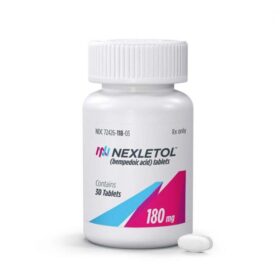
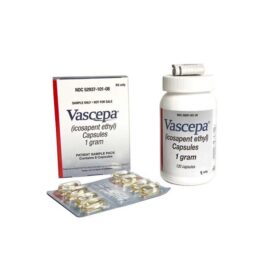
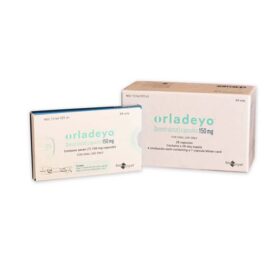
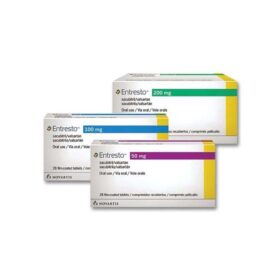
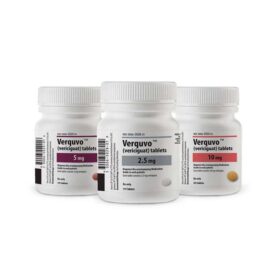



Reviews
There are no reviews yet.